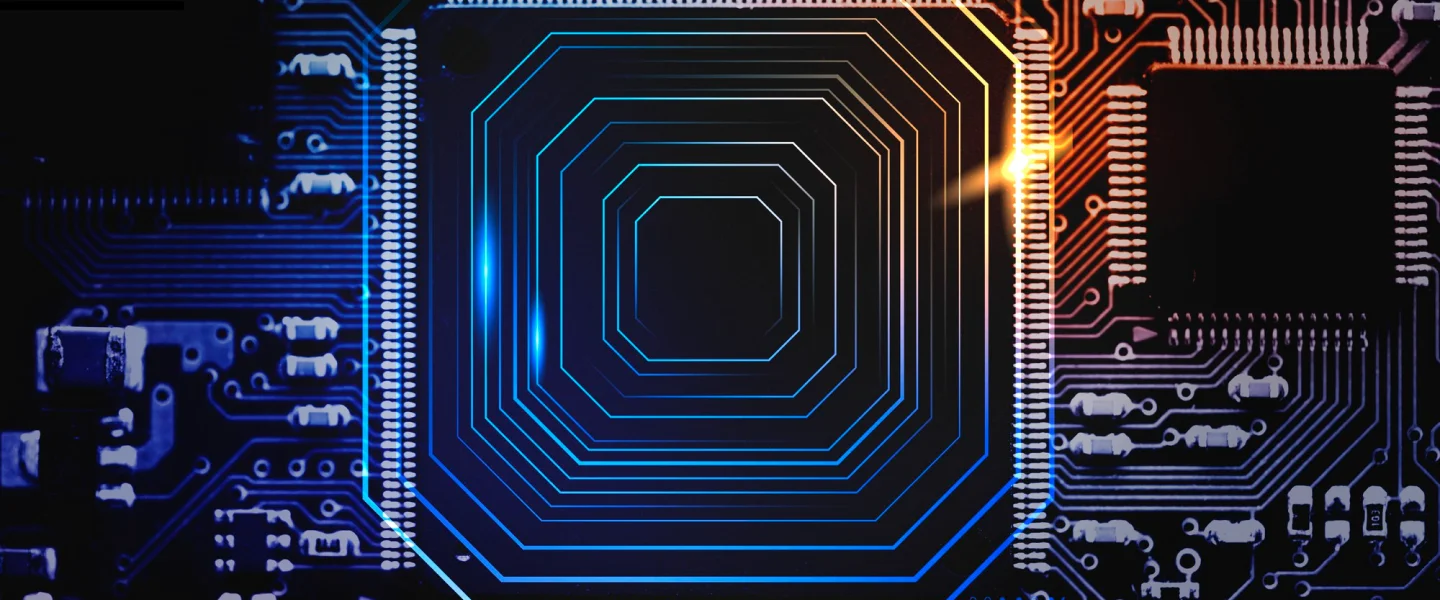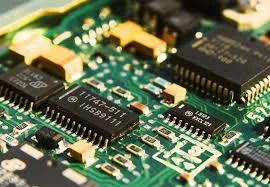


Chemical milling etching, which is widely popular as industrial etching, refers to the manufacturing procedure of using baths of temperature-regulated etching chemicals for removing material to produce an object with a specific or desired shape. Even though chemical milling is mainly used on metals, yet its utilization with several other materials is rapidly reaching the crest of popularity.
Some of the other names that are popularly used for chemical milling are industrial etching including, chemical etching, photo etching, photo chemical etching, photochemical machining, etc. The procedure was mainly developed from ancient armor-decorating, as well as, printing etching processes, which were built during the Renaissance as substitutes to the process of hand-engraving on metal with tools.
How Does Chemical Milling Work?
The chemical milling procedure revolves around the process of bathing the cutting areas of a metallic part in a corrosive chemical that is widely known as an etchant. This etching solution reacts to the areas to be etched in the material, often steel or aluminum and makes the solidified material dissolve.
During the chemical milling procedure, some specific inert substances are used to protect or mask the areas of the materials that can’t be milled. This specific aspect of the chem milling procedure has similarity to masking different areas being painted.
The Overall Purpose of Chemical Milling Service
Chemical milling is mainly used in the aerospace industry for removing the shallow layers of material from an extensive range of aircraft components, extruded parts for airframes, and multiple other components like missile skin panels.
One of the primary goals of the chemical milling procedure is to decrease the overall weight of fuselage skins and several other parts to boost the efficiency and performance of aircraft. Additionally, it’s a procedure that could be used for chemically corroding aircraft materials to produce different blind features such as pockets, channels, and more!
Why is Chemical Milling the Best Fit for the Aerospace Industry?
For aerospace industry, the process of chemical milling is a subtractive machining procedure, which helps in reducing the overall weight of fuselage skins for producing channel and pocket features and overall weight reduction for a highly efficient aircraft. Chemical milling is a clean and scalable option, that brings unique perks to the aerospace industry, and some of the benefits include the following –
The industry of aerospace operates under very stringent guidelines. In a bid to ensure optimum safety, the manufactured parts are required to function in an extensive array of extreme environments and withstand various forces.
As the chemical milling procedure doesn’t make use of any hard tools, it results in stress-burr-distortion-free components. This causes premium precision in the completed parts, that come off the line ready for the subsequent stacking, bonding, or actuation, which are quite common in aerospace applications.
Chem milling services mainly use low-cost digital tooling solutions with an ability to feature-rich metal and mass manufacture complex components. Prototyping is easy and comparatively less expensive! Also, scaling up for optimum-volume production does not need any additional tooling cost.
The scalable and repeatable nature of the procedure ensures each part — whether it’s a foil or spring circuit — is made with top standards of quality for today’s extremely fast-paced aerospace industry. This means whether you require small or large volumes, in a high-quality chem milling process, the importance of precision should be paramount.
For cutting-edge aircraft, usually stainless, aluminum and titanium remain the most preferable choices of metal. Chemical milling refers to a non-conventional process, which pairs extremely well with the aforementioned materials by minimizing the issues of heat and reflectance.
Why Choose Us?
To get premium chemical milling solutions at the best price point, you should be on a lookout for a reputable and reliable company. There is no dearth of choices when it comes to choosing from the best chem milling companies, but before zeroing in on any agency, you should check the overall experience of your preferred experts. At the same time, you must understand the demands of the current aerospace industry, too.
Chris Savalia is the Co-Owner and Director of Engineering at Transline Technology, Inc. in Anaheim, CA. He oversees the company's operations and specializes in printed circuit board manufacturing. Chris is known for his expertise in materials such as FR-4, Rogers, Taconic, Arlon, and Teflon, and for his commitment to providing quick turn-around times, as fast as 24 hours.